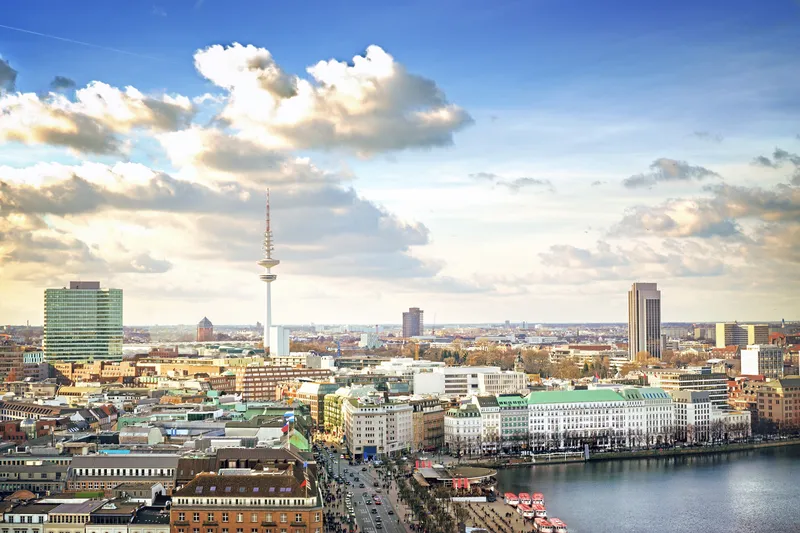
Smart cities must rely on a mobility mix, real-time predictive models and collaborations, argues
Transport is reaching a new frontier and cities are at the forefront of the trend: for many urbanites, mobility no longer equals a privately-owned vehicle. They want on-demand services that cater for their individual mobility needs efficiently and sustainably - whether that is shared bikes or autonomous electric vehicles.
Private car ownership will not drop overnight. The smooth interaction between different modes of transport requires advanced technology and, for the foreseeable future, congestion and emissions will remain pertinent topics. With ever-climbing populations, cities do not compete easily in the race to offer the best quality of life and that’s where technology can help.
Traffic modelling
Introducing shared fleets is key to maintaining a working road network and modelling them first is vital. Public transport is tried and tested and will remain the backbone of every city’s transport network and forms the basis from which to expand the system of, for example, shared vehicles and shared rides. Mobility-as-a-Service (MaaS) fleets come in to bridge the gap where individual demands call for more bespoke routes. This might include at-home pick-ups or last-mile rides to get, for example, from the subway station to a hotel.
Meeting the demand is key, but meeting it with a minimum number of vehicles to make the best use of an existing infrastructure, is king. Pre-launch modelling of MaaS business models will help ensure they turn into successful cases for the service provider and the city. As the integration of additional fleets into a multimodal system affects the entire network, PTV’s MaaS Modeller helps calculate the service to run it at the right price. This means fleet operators – cities and automotive companies alike – know how many vehicles they should put on the road and what maintenance costs will be. As all cities are different, the modelling is based on a city’s travel demand and traffic data and, where required, additional key performance indicators can also be modelled and calculated before launching the service.
Real-time data
Despite new initiatives like MaaS, the number of automobiles in use is likely to hit a new plateau within the next few years, before starting to drop as shared fleets of autonomous electric vehicles become the new norm. The increased traffic volume will test cities’ traffic management to the full and require real-time solutions that offer predictive information to enable management centre staff to intervene before congestion clogs the road, not after.
Systems such as PTV’s Optima enable transport managers to switch from a reactive to a proactive approach. The software provides both current and future traffic information for a period of up to an hour, always monitoring the entire network. Customised to any smart city’s traffic management strategy, it offers support for decision-making because it predicts how a blocked road in one district can quickly affect several wards. Reliability, even in case of an emergency, is the reason why only real-time data can deliver precise predictions.
Having the right modelling and traffic management tools gives urban authorities an advantage in the race to become a smart city that offers citizens a high quality of life – with reliable transport services and good air quality. But what really elevates them by adding a certain extra smartness, is partnerships and collaborations with technology and automobile companies.
Cities, with their strong bonds to policymakers and legislation, have vast expertise in running public transport systems and technology companies can help them use data intelligently to plan and implement public transport services. In addition, the technology layer also has the latest tools to manage and optimise a city’s mobility ecosystem sustainably and efficiently. Automobile manufacturers then do not only supply cities with fleets of vehicles or even shared bikes, they also consult town halls on clean vehicle technology and drive innovation forward – together with the public sector. Starting the dialogue now is what turns cities not just into smart cities, but into future-proof urban centres.









